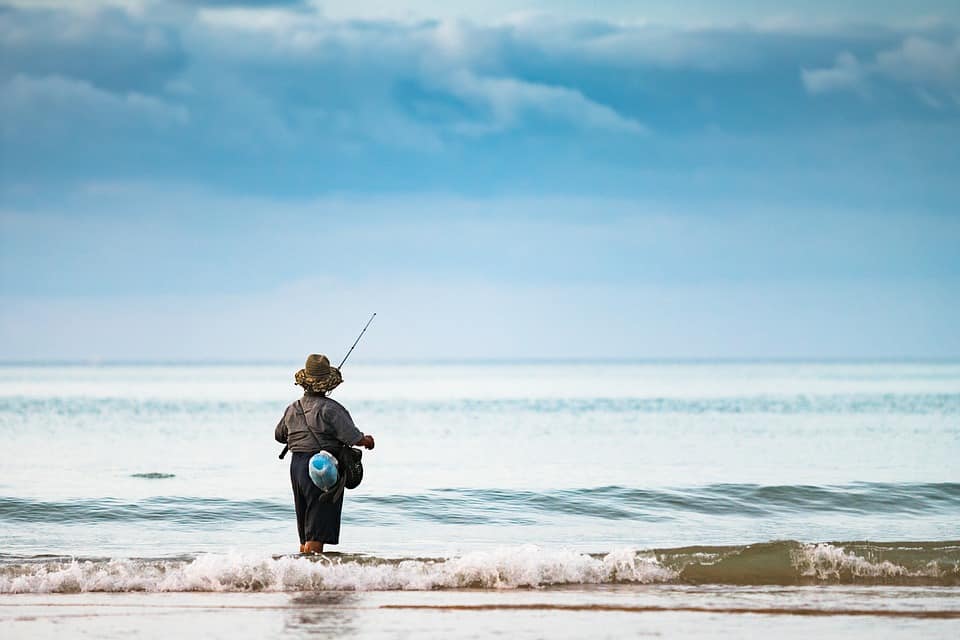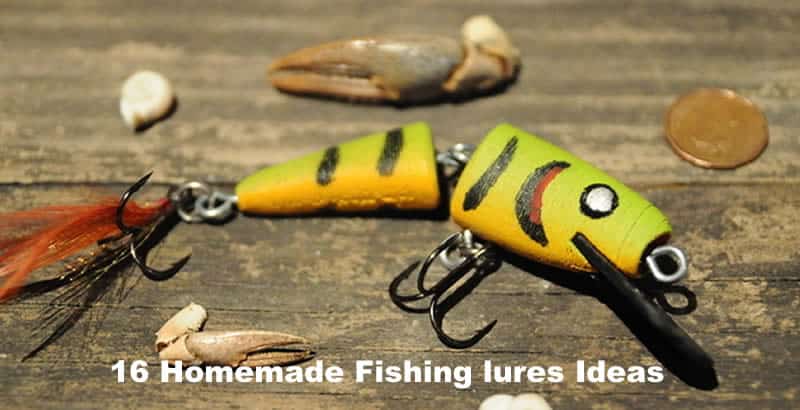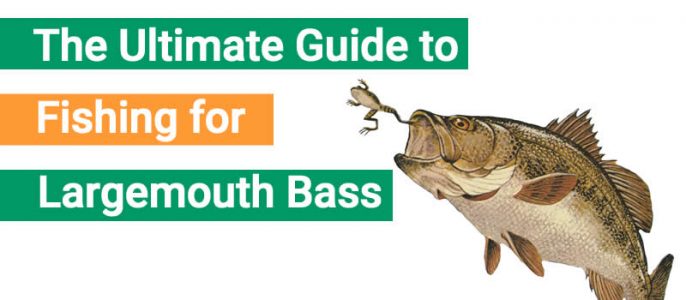If you buy via a link on this page, we may receive a commission, at no extra cost to you.Learn more
There is nothing like going out on a lake to catch your breakfast when you are camping. Just you and nature, enjoying the peace that is the morning. While first-morning fishing can be fun, I tend to enjoy just fishing for the sport of it too. Catch and release is supposed to be the most humane way to fish, right? I mean, at least the fish survives, or does it?
Does catch and release harm fish? Simply, yes. From injuries sustained from the hook to lift the fish out of the water for a photo op, there are many things about catch and release that can injure or even kill a fish, and it could be a slow painful death too.
When I started my research, I was skeptical of sources that claimed catch and release harmed fish. So I dug deeper into the research to get a better answer, but as I went deeper down that rabbit hole, I found that the news didn’t get any better. I would like to share what I found with you so that you can make an informed decision on catch and release fishing.
Catch and Release Harms Fish
Yesterday I thought catch and release was the humane way to fish. I would just let it go after I caught it, and everything was fine. Today my ignorant bliss is gone, and I know the truth, that catch and release is just torture to a fish. Oftentimes catch and release is just the beginning of a long and torturous death for the fish that I thought I was being kind to.
The Damage Done During Catch and Release
From damaged stomachs to injured gills, there is a lot of irreparable damage that a released fish could sustain when caught, and that is not even the full picture. A saltwater fish that is caught and released can sustain injuries similar to pressure sickness in humans, and all fish can endure many life-threatening injuries whether or not they swallow the hook.
Of course, swallowing the hook is one of the worst-case scenarios. When a hook is swallowed, a fish can get torn up pretty badly, especially if you try to remove it.
Some of the damage you can do trying to remove a hook includes:
- Torn stomach
- Throat tears or injuries
- Damaged gills
- Internal bleeding
- Disrupting their protective coating
Whether care about the fish suffering or not, the damage that can be done is very real, and it does not take much to disable a fish enough to make them easy prey for a predator. There is also an increased risk of infection setting in, which can cause issues that would lead to the eventual death of the fish.
Grabbing a fish by the gills can damage this delicate tissues as well, so hands off the gills. The gills on fish are just as sensitive as any internal organ. The gills are just as delicate of tissue as lungs are on humans.
Why You Shouldn’t Take a Picture During Catch and Release Fishing
According to a Canadian study done on rainbow trout, the longer a fish is out of the water, the greater the likelihood that it will die. Even removing the fish from the water for just a few seconds can damage the gills, and the longer it is out, the more damage is done to both the gills and to the fish overall. From the moment their gills are exposed to the air the damage begins and just gets worse.
Hypoxia (or lack of oxygen) begins to affect the fish within seconds of hitting the air as fish need to constantly breathe through their gills to get the oxygen they need. Being out of the water prevents them from getting that oxygen and can affect the gills, organs, and muscles in a profoundly negative way. Every second out of the water can reduce its chances of survival.
At just 30 seconds out of the water, its chances are already cut in half, and at 60 seconds the fish will now have less than a 20% chance of survival, and it just goes down from there. While it would be nice to get picture proof of the fish you caught, that little bit of time could equate to a death sentence for the fish even after it is released.
Even a Hook in the Mouth is Bad
A hook in the mouth can affect how well a fish, especially sucking fish like bass and perch, can eat. According to a study published in the Journal of Experimental Biology, fish that simply take a hook to the mouth can be affected as much as 34% when it comes to using suction to suck up their food.
It makes sense that getting a hook in its mouth would affect how a sucking fish eats. Imagine trying to suck through a straw with an injury to your lip. This is what it is like for that fish to try and eat.
While more research needs to be done on how long it takes for the hook injury to heal and if a fish will return to normal once it does heal, what we know at this point is that even a hook in the lip can do some serious damage and potentially affect its survival chances after release.
Catch and Release Stresses Fish Out
A study by Oxford determined that fish that were caught and released tended to get considerably stressed which also lead to increased mortality rates, even when no physical trauma was observed in monkfish caught in nets.
Is There a Way to Catch and Release Humanely?
There have been a few studies done on the negative effects of catch and release, but more research needs to be done to understand the full effects of this hobby that I used to enjoy. In the meantime, is there a way to fish humanely, if you do not intend to eat the fish?
If you want to know if you can catch and release without any negative effects on the fish, then no, there really isn’t a way. While you can take measures to limit the damage, such as keeping them submerged to remove a hook to prevent damaging the gills, this just limits the damage, not prevents it.
There are a few things you can do if you absolutely feel the need to catch and release when you fish.
- Use a hook without a barb, so it leaves a smaller hole in the mouth
- Keep the fish fully submerged when you remove the hook
- Don’t touch the fish with dry hands or gloves
- Limit any handling of the fish that you can
- Never grab the fish by the gills as this can damage them as well
When it comes to fish that have swallowed the hook, some fishermen choose to cut the line rather than try to retrieve the hook, and this may seem like it would aid in the survivability of the fish, but the damage is probably already done. Just pulling them in may have already caused fatal internal bleeding that could cause a slow death. It is a personal choice as to how to handle this situation humanely, as there is no right answer.
Whether you consider catch and release fishing to be more or less humane than catching fish and eating them is entirely up to you. Catching a fish to eat at least means their death isn’t pointless, but then catching an releasing fish doesn’t automatically mean the fish will die (although the likelihood is high). At the end of the day, you have to make the decision that makes the most sense to you.





Thank you Steven for this insightful and honest article. I too loved the challenge of catch and release, but struggle with the ethics. I’m coming to terms with the idea of the fun is one sided and hurts the fish for my entertainment. I have considered stopping fishing because I am not fond of the taste of game fish and pursing other humane hobbies. Thanks again and God Bless – Mark Philips